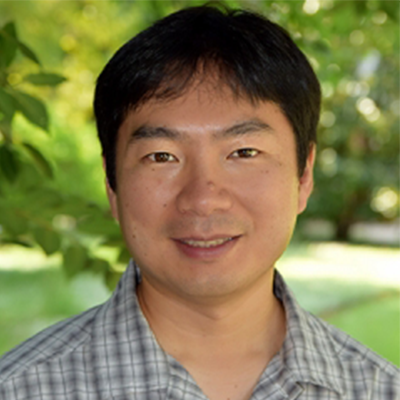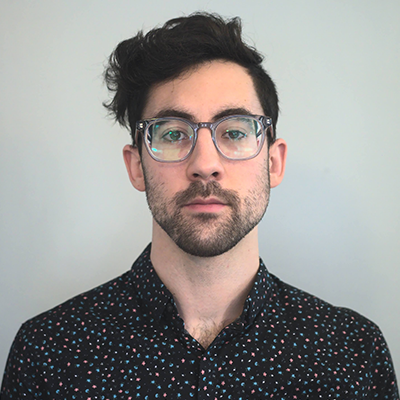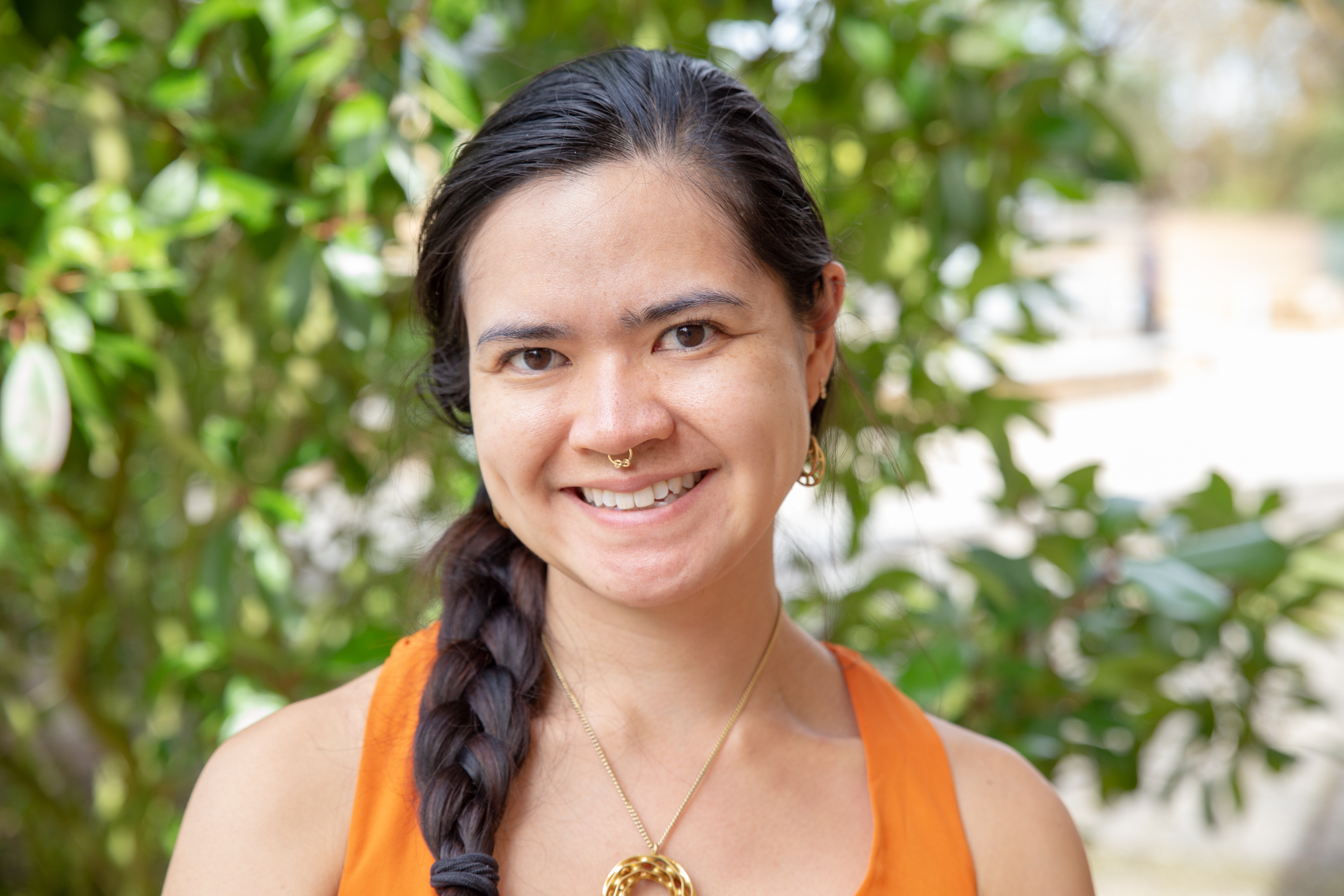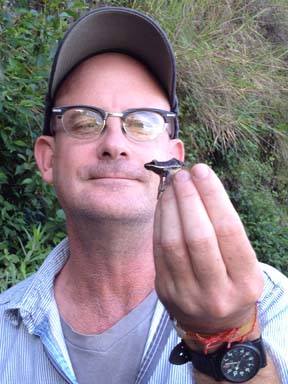Joe is Director of Research at Zoo Atlanta and Adjunct Professor of Biology at Georgia Tech University, where he teaches regularly. He is Past-President of the Society for the Study of Amphibians and Reptiles. He co-authored the global IUCN-Amphibian Conservation Action Plan and co-founded the Amphibian Ark. Joe has been studying amphibians and reptiles for more than 30 years, concentrating mostly on Mexico, Central America, and the southwestern US. Most of his work has involved evolutionary studies and taxonomy―including the discovery and naming of about 40 new species. Other studies have included ecology, biomechanics, and natural history. Joe’s writing, such as Op-Ed pieces, essays, and reviews have appeared in a wide variety of media and fora. Joe has published more than 130 papers in peer-reviewed journals such as Science, Nature, Biology Letters, Proceedings of the National Academy of Sciences, and Journal of Herpetology. He also has authored a number of articles and essays. His work has been featured in media outlets such as National Public Radio, National Geographic, Nature, New York Times, CNN, and Comedy Central’s Colbert Report. Additionally, Joe is a guitarist in the Atlanta-based science punk-rock band Leucine Zipper and the Zinc Fingers.
Additional Research
Organismal biology, evolutionary biology, vertebrate biology, herpetology, conservation, morphology, phylogeny, taxonomy










